Mission
RAHMA seeks to address HIV through education, advocacy, and empowerment within the Muslim community and across all faith communities through National Faith HIV/AIDS Awareness Day. We envision a world where people living with or affected by HIV feel safe, supported, and valued.
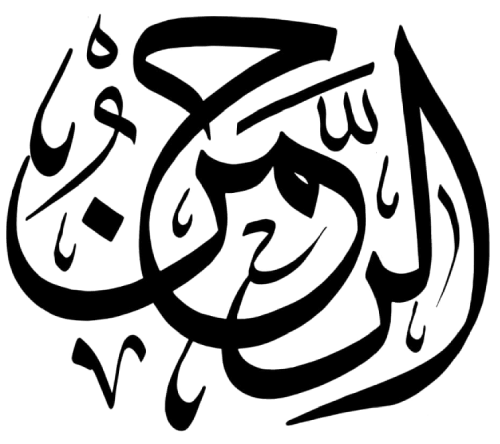
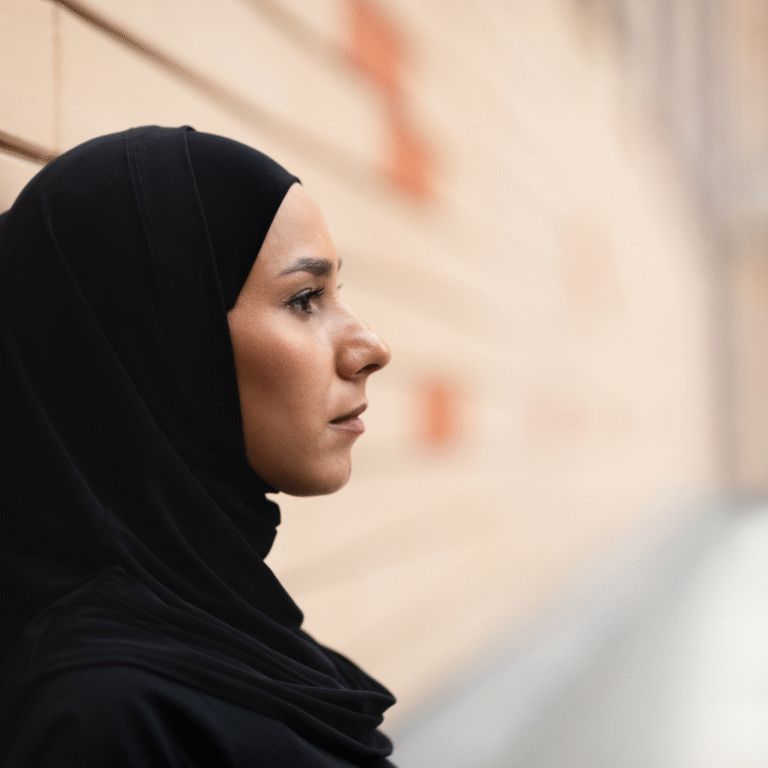
Rahma is the Arabic word for mercy. It is important to have mercy and compassion when navigating such diverse and taboo topics within affected communities.
During Ramadan, while serving food for iftar, people refused to take food from me because they feared they would contract HIV by touching a plate my hands had touched.” — Anonymous Muslim living with HIVMeaning of Rahma
Timeline of Accomplishments
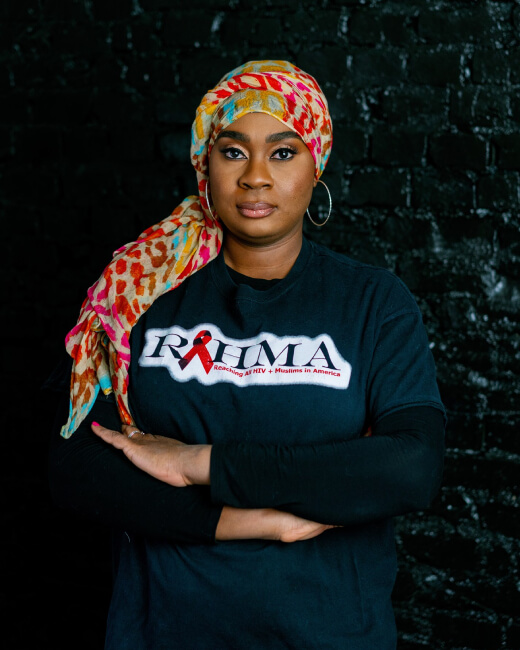
Founder’s Story
I founded RAHMA with the intent of addressing HIV and AIDS in the American Muslim community. When I was in college, I worked at a local hospital. There I met a Muslim man living with AIDS. When he first arrived on our floor, he wasn’t in great spirits and many times lashed out at the nurses. I said to myself, I do not want to be assigned to him and be on the receiving end. One day I came into work and of course I was. I walked into his room, introduced myself and said I was here to help. He looked at me and I felt like he was staring into my soul. We connected and as I cared for him our the following weeks, he shared with me how he felt ostracized from his own community, the Muslim community, and not welcome due to his status. This broke my heart and I realized growing up, we never talked about Sexual Health in my community, never mind HIV or AIDS. He inspired me to begin my journey on addressing HIV stigma. Soon thereafter I learned my 19 year old friend was living with HIV. I decided to organize the first AIDS Awareness Week on my college campus and I haven’t look back since!
Board of Directors
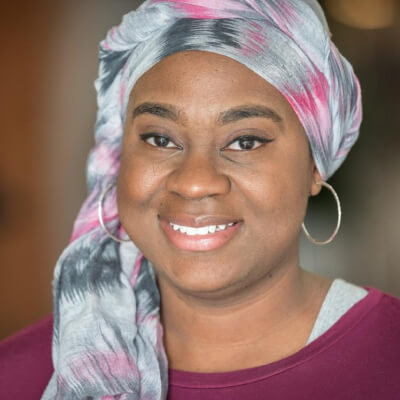
Khadijah Abdullah, MPH
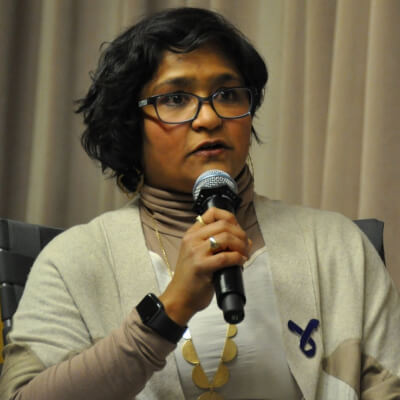
Dr. Ghada Khan
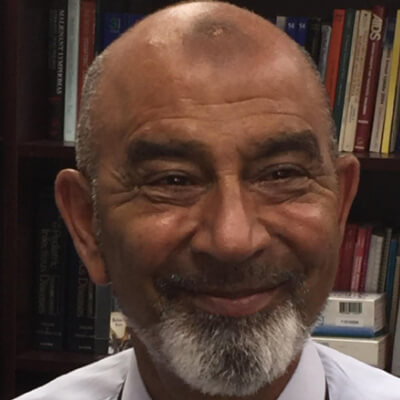
Dr. Sohail Rana
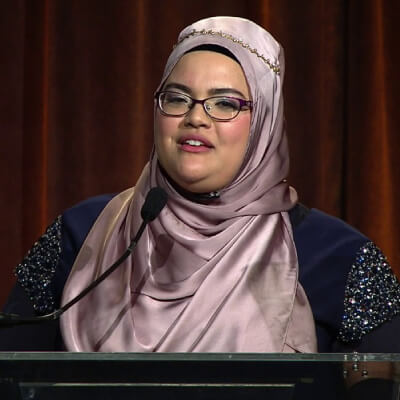
Sultana Ocasio
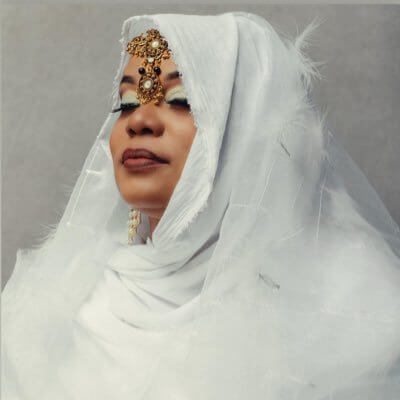
Angelica Lindsey

Executive Director
Khadijah Abdullah, MPH
I founded RAHMA with the intent of addressing HIV and AIDS in the American Muslim community. When I was in college, I worked as a student nurse at a local hospital. There I met a Muslim man living with AIDS. When he first arrived on our floor, he wasn’t in great spirits and many times lashed out at the nurses. I said to myself, I do not want to be assigned to him and be on the receiving end. One day I came into work and of course I was. I walked into his room, introduced myself and said I was here to help. He looked at me and I felt like he was staring into my soul. We connected and as I cared for him our the following weeks, he shared with me how he felt ostracized from his own community, the Muslim community, and not welcome due to his status. This broke my heart and I realized growing up, we never talked about Sexual Health in my community, never mind HIV or AIDS. He inspired me to begin my journey on addressing HIV stigma. Soon thereafter I learned my 19 year old friend was living with HIV. I decided to organize the first AIDS Awareness Week on my college campus and I haven’t look back since!
RAHMA has since involved to address HIV stigma in all faith communities and other public health concerns as well such as Female Genital Mutilation/Cutting (FGM/C) prevention, sexual health and gender based violence. Join us and help us to continue making an impact in this world, one step at a time.

California
Dr. Ghada Khan
Ghada Khan, MPH, DrPH is an established health program specialist whose career, advocacy, and research has centered on global and domestic issues concerning the health of women and children. Dr. Khan is the former director of the US End FGM/C Network, a coalition which aims to end FGM/C by connecting, supporting, elevating and advocating on behalf of and with diverse U.S. stakeholders engaged in prevention, education, and care. Prior to this role, she served as project director for the community centered FGM/C prevention project at The George Washington University Milken Institute School of Public Health. Within these roles and within her personal capacity, Dr. Khan is dedicated to raising awareness on FGM/C and protecting women and girls from this harmful practice. In recognition for her work on FGM/C, Dr. Khan has received the Global Woman Award from the Global Women’s PEACE Foundation, the Women’s Rights and Gender Equality Award from the Global Women’s Institute as well as The Nashman Prize for Community Engaged Participatory Research.

Washington D.C. Metropolitan Area
Dr. Sohail Rana
Dr. Sohail Rana is a Professor of pediatrics at Howard University College of Medicine. Dr. Rana received his medical education at King Edwards Medical College in Lahore, Pakistan and trained in pediatrics and hematology at Jewish Hospital of Brooklyn in New York City and University of Rochester in Rochester, New York. He joined the faculty at Howard University in 1980 and is currently a Professor of Pediatrics and Director of Pediatric Hematology and HIV services. He has been providing care to children and young adults with sickle cell disease and HIV for more than three decades. He has conducted more than 60 studies to improve the treatment and quality of life of people living with sickle cell disease and HIV. He is a well published author and has received several awards for research, teaching and service to the community. He has been listed among the “Best Doctors in America” several times. He runs a busy practice at Howard and he oversees numerous research studies. Dr. Rana feels indebted to his patients, their families, and his family for teaching him about empathy and humanity. He is the conference director for the annual International Conference on Stigma and he is passionate about human rights for people with stigmatized illnesses. His goal is to establish a Center for Social Justice in Health to fight stigma attached to illnesses such mental disorders, HIV, pain, and disabilities.

New York
Sultana Ocasio
Sultana Ocasio is Director of Food Bank For NYC’s Community Kitchen and Food Pantry in West Harlem. Sultana expanded the Community Meal service to be more inclusive to families with children and food insecure teens. She piloted the Food Is Love culinary training program and expanded pantry hours to accommodate working families. Before joining Food Bank, she was the Executive Director of the Muslim Women’s Institute for Research and Development in the Bronx. Her work at MWIRD included food security, nutrition, and health. MWIRD created a faith-based HIV toolkit and resource guide and hosted the first National Faith HIV/AIDS Awareness Day in NYC.

The Village Auntie™ , Phoenix Arizona
Angelica Lindsey
Angelica Lindsey is a certified sexual health educator, researcher, author, curator of woman-centered spiritual intensives, and a recognized authority in intimacy cultivation in Islamic marriage and emotional well-being. She leads a global following of women spanning 86 countries who love her practical, heart-centered advice on love, intimacy, and relationships. Angelica offers workshops and resources on spirituality, maximizing divine feminine attributes, love, intimacy, relationships, traditional approaches to sexuality, and feminine gender identity within the framework of traditional West and East African societies.
